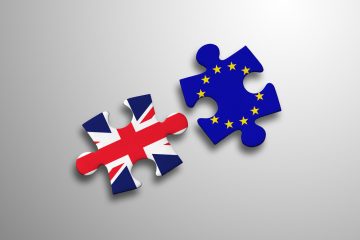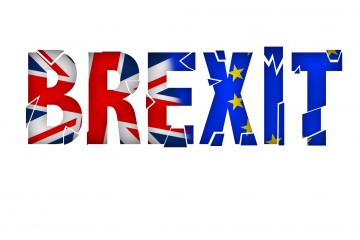Undoing the Fixed Term Parliaments Act
In the month of November, Boris Johnson’s government will most likely instate a committee review of the Fixed Term Parliaments Act (FTPA) with the ultimate goal of fully repealing it. This Act, introduced in 2011, was supposed to fix the date of the general election to be every five years. Its planned repeal is part of a number of sweeping constitutional reforms that would empower the British executive over Parliament, which the Conservative Party vowed to push for in its 2019 electoral manifesto. With the ongoing global pandemic and the protracted Brexit talks with Brussels, the Conservative’s plan to repeal the FTPA have largely flown under the public’s radar. Yet if a repeal goes through, it would have a significant …

Lacking Substance: Drugs and the Tory Leadership Contest
Revelations about Michael Gove’s past cocaine use have redefined the Tory leadership contest. Despite the ongoing Brexit process, growing economic uncertainty, and the Conservative’s historic defeat in the recent European elections, the debate has been dominated by illegal drug use. Seven of the ten candidates have admitted taking cannabis, cocaine, and even opium – though frontrunner Boris Johnson has stayed conspicuously quiet in the light of past statements. Even Theresa May has faced questions about her history with drugs. The problem is not that politicians are talking about drugs, but what they are talking about. Drugs are an important issue, and any future Prime Minister should have a thought-out, evidence-based and proactive stance on drugs – including on issues like …

What Brexit means for Britain’s future, according to Oxford University’s Chancellor
As Britain formally triggers the doleful negotiations to exclude itself from the mainstream of European politics and economics, Prime Minister Theresa May refuses to use the word “divorce” to describe what is happening. My wife, a retired family lawyer and mediator, thinks May could be correct. After all, the family house we are exiting still contains much of our history and family silver, as well as our future economic interest. In that sense, divorce is scarcely an option. Britain has not been as insular an island as some people take it to be. From our reigning royal family (which is German) to our exports (overwhelmingly to Europe), we have helped to shape and in our turn been shaped by developments …

A tragedy: Lies, damned lies and Brexit
Viewed from the perspective of the three main protagonists, Cameron, Gove and Johnson, Brexit has variously been presented as a Greek tragedy or a spat between Oxford alumni[1]. Certainly the latter, it has real elements of the former. But, in truth, the real tragedy is the further erosion of British democracy. Prime Minister David Cameron reluctantly agreed to the inclusion of an in/out referendum in the 2015 Conservative election manifesto in order to appease the Eurosceptic right wing of the party.[2] Some commentators suggest that he never expected to have to deliver the referendum thinking that it would be vetoed by Liberal Democrats in coalition or else be voted down by the opposition[3]; certainly it was a referendum that he …

Why Conservative MPs back Brexit (or not)
Ever since the Conservatives’ surprise win of a Parliamentary majority in the 2015 general election, the EU referendum has been at the centre of public debate. There has been much speculation about how many Conservative members of parliament (MPs) would back Brexit. Now David Cameron’s renegotiation has been concluded, MPs are free to choose sides in the referendum debate. Ever since, scores of Conservative of MPs, including the Mayor of London and six Cabinet Ministers, have endorsed the Leave campaign. Other MPs have sided with the Prime Minister and the Chancellor in backing Remain. My DPhil research focuses on the position of members of parliament with regards to Europe. In this article I use my own dataset of Conservative MPs …









